Another Juneteenth is upon us as the country once again remembers the great stride America took when it finally ended legalized chattel slavery on its soil. As the commemoration of the emancipation of enslaved African Americans, it holds a profound significance even beyond its historical context. It also serves as a profound testament to the enduring struggle for liberty against government abuse and oppression.
Rooted in the fight for freedom and equality, Juneteenth exemplifies the resilience of a community that resisted systemic injustice. But even more than that, it provides liberty-loving folks with an example of how people yearning to be free can emerge victorious against governmental and societal tyrants seeking to rob them of their liberty.
The holiday, also known as Freedom Day or Emancipation Day, holds significant historical importance. The story of Juneteenth dates back to June 19, 1865, when Union General Gordon Granger arrived in Galveston, Texas, with news of the emancipation of enslaved African Americans.
This announcement came more than two years after President Abraham Lincoln issued the Emancipation Proclamation in 1863. The delay in delivering this news to Texas highlights the challenges and obstacles faced by enslaved individuals in remote regions who were unaware of their freedom.
It is a commonly-believed myth that most slaves in Texas did not know about the Emancipation Proclamation or that they had been freed. However, the truth is that many slaves were well aware of President Abraham Lincoln’s declaration. As Edward T. Cotham Jr., a historian and author, told NPR: “There was an incredibly sophisticated communication network among slaves in Texas.”
He added: “News like that spread like wildfire. We know some slaves knew about the Emancipation Proclamation even before slaveowners. It didn’t mean anything because there was no army to enforce it.”
Juneteenth marks the day when the final group of enslaved people in the United States were finally liberated, becoming a symbolic milestone in the fight against slavery and the struggle for civil rights.
After General Granger’s proclamation, Juneteenth celebrations began to emerge, initially driven by freed black Americans in Texas. These celebrations often included church gatherings, prayer services, spiritual songs, readings of the Emancipation Proclamation, and expressions of joy and gratitude for their newfound freedom.
Over time, Juneteenth spread to other states as black Americans migrated and shared their traditions. It became an occasion to commemorate the end of slavery, honor ancestors who endured enslavement, and promote education and self-improvement within the African American community. Throughout the years, Juneteenth has evolved into a day of reflection, remembrance, and celebration of African American culture, resilience, and contributions to American society. Its historical significance continues to resonate, emphasizing the importance of freedom, equality, and the ongoing pursuit of justice.
But it is more than that. As my good friend, author Adam B. Coleman, put it: “Juneteenth is a celebration of our nation’s moral compass moving — toward behaving more righteously and attempting to become a more perfect union.”
The institution of slavery itself was the clearest manifestation of government abuse in American history, where oppressive laws and policies were enacted to enforce the subjugation of an entire population. From the beginning of the transatlantic slave trade, the state facilitated the purchase, capture, and transportation of slaves to the United States, where they were brutally oppressed. Juneteenth exposes the horrors of a government that allowed, condoned, and maintained the enslavement of its citizens.
Enslaved African Americans were systematically denied their fundamental rights, including the right to life, liberty, property, and the pursuit of happiness. This echoes the broader fight against government abuse, where marginalized groups face obstacles in their quest for equal treatment under the law. As we know, the tyranny in America did not stop after chattel slavery was made illegal. Our government continued perpetrating injustices against black Americans through Jim Crow, forced segregation, and other policies.
Beyond that, even after doing away with these policies, the state’s tyranny continued metastasizing into an oppressive force that affects most Americans, regardless of ethnicity or nationality. None of us are slaves today, thank God. We are not enduring anything close to what slaves dealt with before the Civil War.
But this does not mean we have liberty.
The government has instituted measures and policies intended to make us less free while the ruling class continues amassing more power, influence, and control over our lives. The elites view us as cogs in their self-edifying machine. It seems every week, a new story surfaces detailing how the FBI and other agencies spy on us with impunity. The COVID-19 pandemic showed just how far the state will go to restrict our rights, ostensibly for our own good.
Federal law enforcement agencies use their lackeys and foot soldiers to infiltrate groups on the left and right who are advocating against the government. These agents try to goad people into committing crimes so that they can arrest, and make examples, of people who are protesting against state abuse. This was made clear during the George Floyd protests and January 6, 2021.
If we fail to unite against the authoritarian elites today, our liberties will become a thing of the past:
While it's fine to celebrate our countries milestones towards liberty, what are we doing to secure it today? pic.twitter.com/yAZbUgOFLv
— Doni 🤓🏴🏴☠️ (@DoniTheDon_) June 19, 2023
Juneteenth highlights the power of coming together to effect change. Just as the abolitionist movement united individuals in the fight against slavery, contemporary movements for civil rights and liberty draw strength from efforts to challenge government abuse. Looking back and remembering where we came from is necessary for moving forward.
As we reflect on our government’s history of abuse, we must also take a hard look at ourselves and the state of our society. America is dangerously divided between black and white, Republican and Democrats, straight and LGBTQ. We must ask ourselves a hard question: Who is benefitting from this rift?
The answer is the elitists who run our government and America’s institutions, regardless of political affiliation. We will only make progress when we realize the true conflict is between we the people and the authoritarians on Team Red and Team Blue who seek to subjugate us.
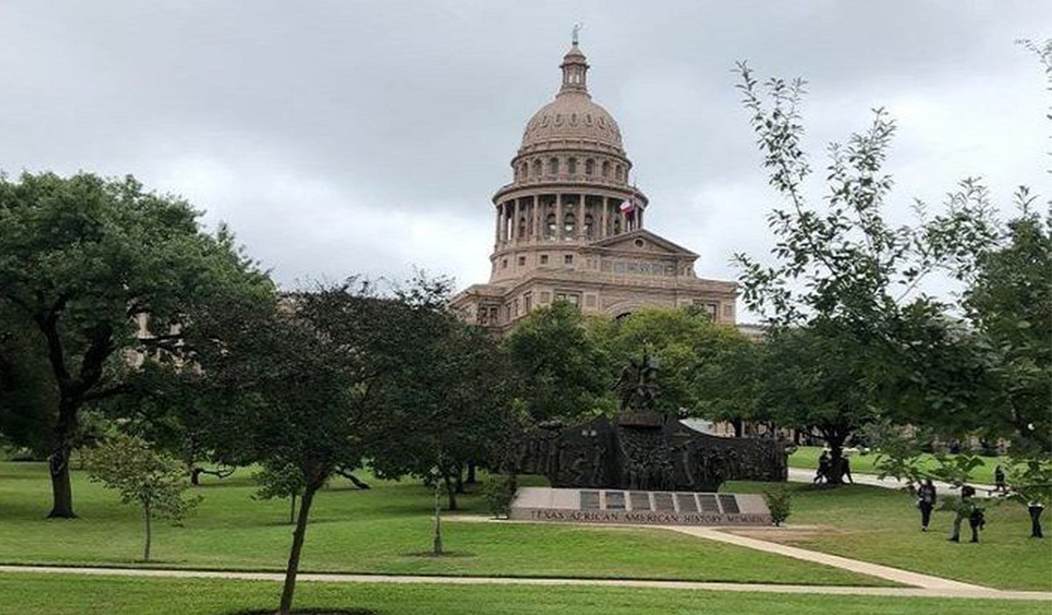


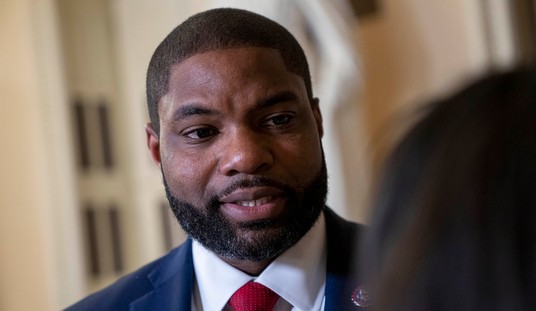

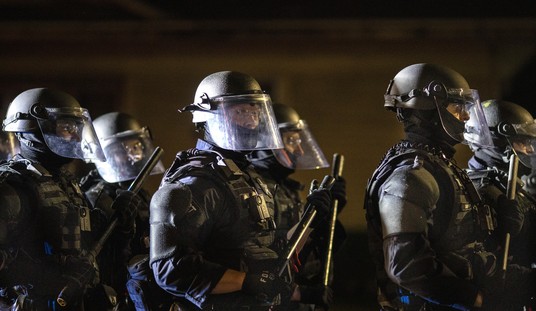




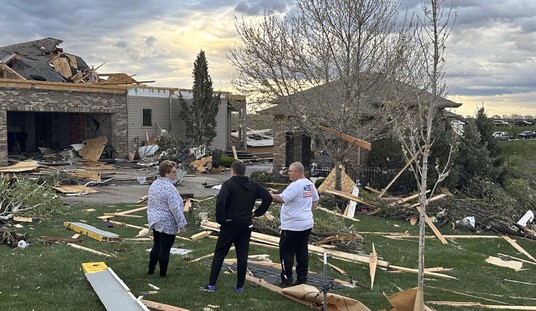
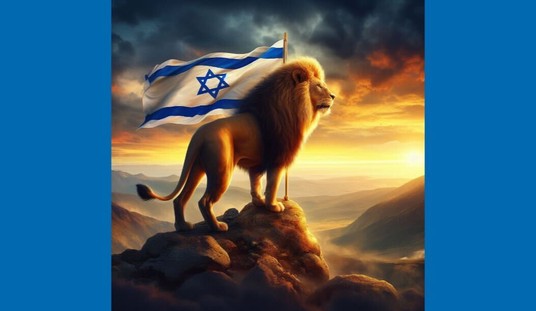

Join the conversation as a VIP Member